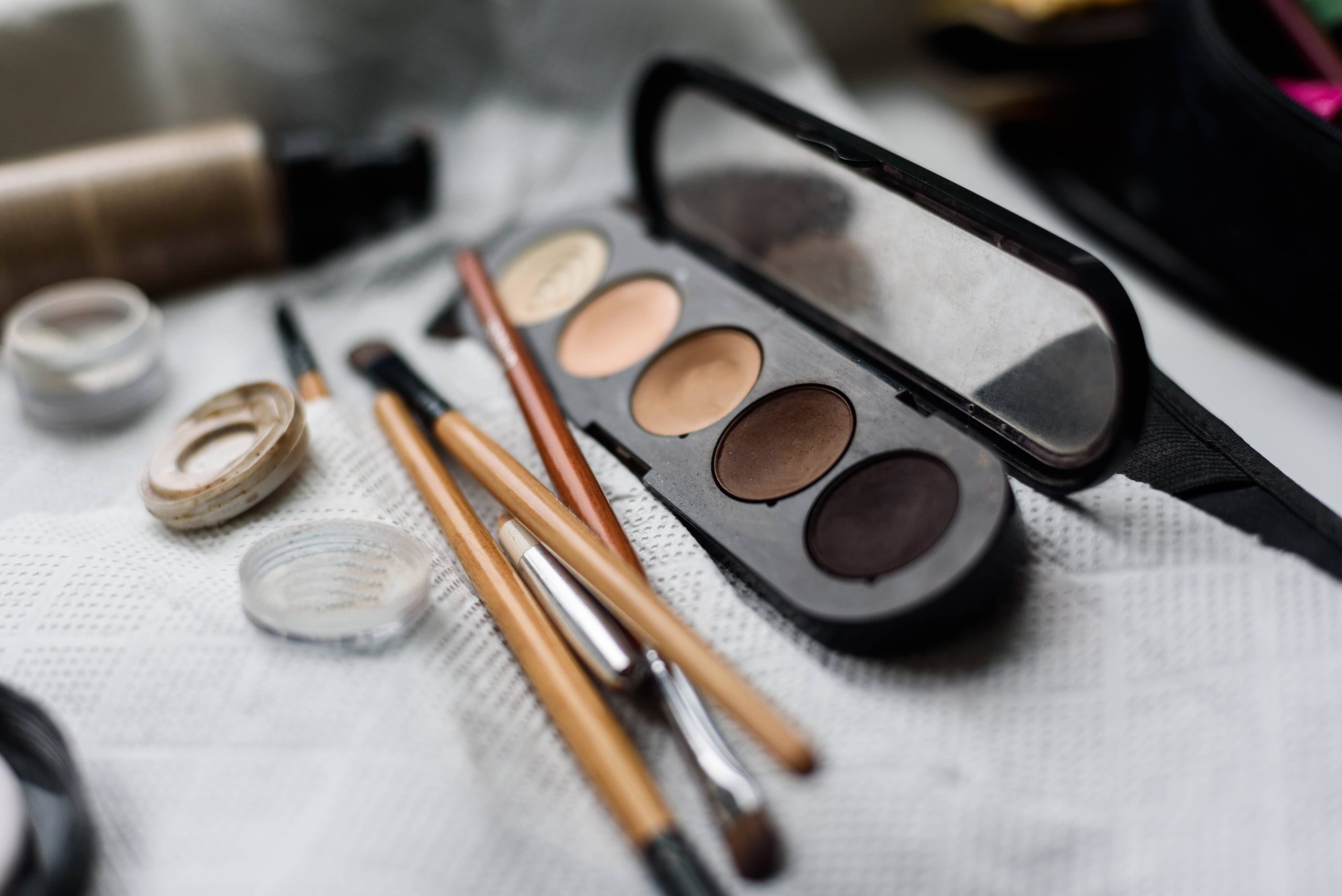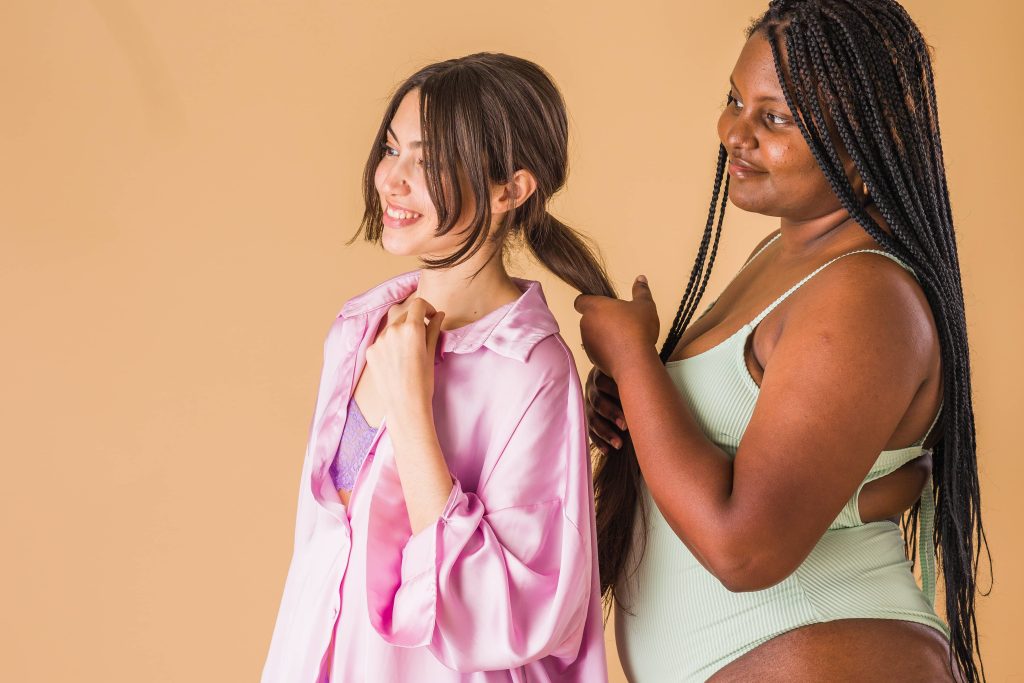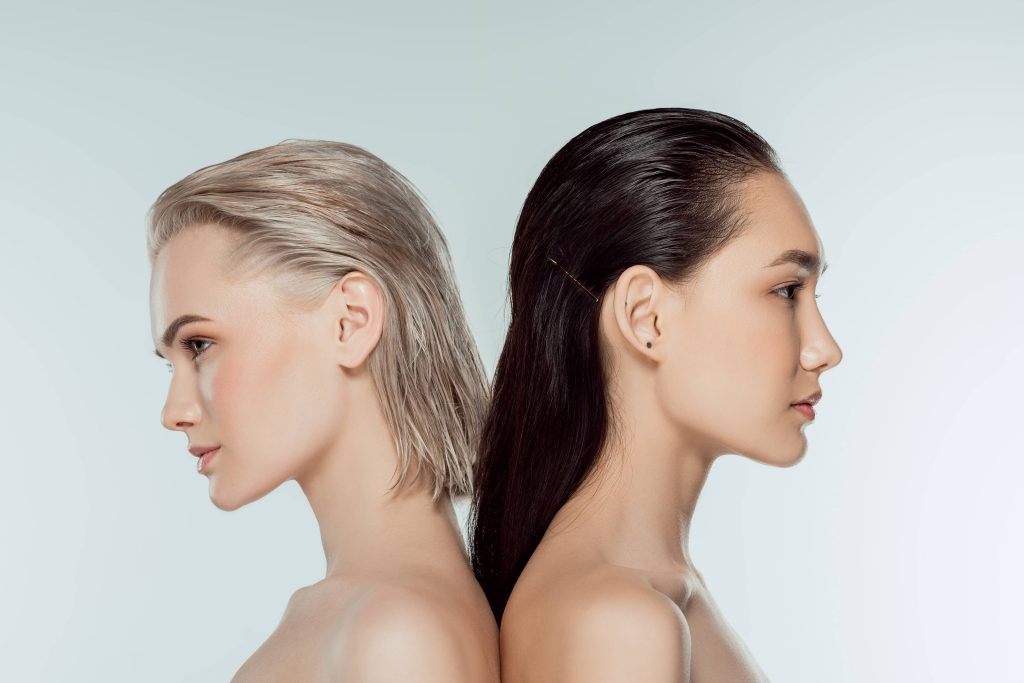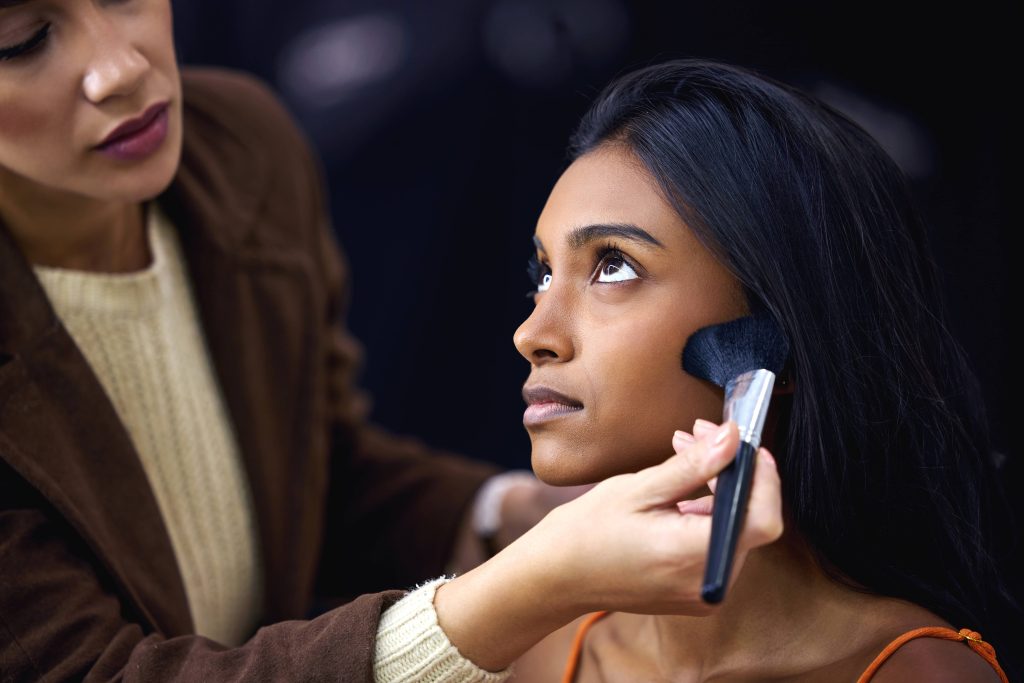
In the ever-evolving realm of beauty, artificial intelligence (AI) has emerged as a powerful catalyst for change, reshaping the industry in unprecedented ways. From personalizing skincare routines to crafting innovative products, AI stands at the forefront, redefining beauty’s future. As a beauty blogger passionate about trends, I am thrilled to uncover how AI is transforming the beauty industry and offering consumers smarter, more personalized experiences.
1. Personalized Skincare Regimens
One of the most profound impacts of AI in the beauty industry is its ability to deliver personalized skincare solutions. With the help of AI algorithms, beauty brands are analyzing vast amounts of data to understand individual skin needs better. By assessing factors like skin type, environmental conditions, and lifestyle habits, AI-powered apps can generate tailored skincare regimens that cater to unique requirements.
For instance, apps like Skin Advisor by Olay use AI to analyze a selfie and provide personalized product recommendations. This technology eliminates the guesswork in skincare, allowing consumers to make informed decisions about the products that will best suit their skin needs. Such advancements not only enhance customer satisfaction but also empower individuals to achieve their desired beauty goals with precision and confidence.
2. Virtual Try-Ons and Augmented Reality
The integration of AI with augmented reality (AR) has revolutionized how consumers interact with beauty products. Virtual try-ons allow users to test makeup and even hair colors in real-time, without any physical application. AI-powered apps like ModiFace, utilized by brands such as L’Oréal and Sephora, enable consumers to experiment with different looks from the comfort of their homes.
By leveraging facial recognition technology, these applications accurately map facial features and apply products in a hyper-realistic manner. This convenience not only saves time and reduces product wastage but also enhances the shopping experience by allowing consumers to make confident purchase decisions. The boundary between online and in-store shopping is blurring, with virtual try-ons providing an accessible, risk-free trial environment.
3. Smart Beauty Devices
AI has paved the way for the development of smart beauty devices that promise to revolutionize at-home skincare routines. Gadgets like the Foreo Luna and Neutrogena’s Skin360 app use AI algorithms to provide real-time skin analysis. These devices evaluate various parameters such as hydration levels, pore size, and blemishes to deliver personalized skincare advice.
Additionally, AI is embedded in beauty tools like facial cleansing brushes and hair styling devices, optimizing performance based on individual needs. For instance, AI hair straighteners can adjust heat automatically based on hair thickness and texture, minimizing damage and achieving salon-quality results. These innovations redefine convenience, allowing users to enjoy personalized beauty treatments in the comfort of their homes.
4. Enhanced Product Development
AI-driven data analysis is enhancing product development, enabling brands to create beauty solutions that cater to diverse consumer needs. By analyzing customer feedback, social media trends, and sales data, AI can identify gaps in the market and predict emerging beauty trends. This data-driven approach not only streamlines product development but also ensures that new offerings resonate with consumers.
Brands are increasingly turning to AI to create bespoke products that address specific concerns. For instance, Lancôme’s Le Teint Particulier Custom Made Makeup uses AI to formulate foundation shades tailored to individual skin tones. By scanning the user’s skin and blending pigments on the spot, this technology ensures a perfect match, addressing one of the industry’s longstanding challenges.
5. Sustainable and Ethical Beauty Practices
AI is also playing a pivotal role in promoting sustainability and ethical practices within the beauty industry. Companies are utilizing AI to optimize supply chains, reduce waste, and develop eco-friendly packaging solutions. By analyzing consumer preferences and production patterns, AI can recommend more sustainable practices, minimizing the industry’s environmental impact.
Furthermore, AI is being harnessed to ensure ethical sourcing of ingredients. By tracing supply chains and verifying the origins of raw materials, AI helps beauty brands ensure that their products are free from exploitation and harmful practices. This transparency builds trust with consumers who are increasingly conscious of the ethical and environmental implications of their purchases.
6. Advanced Customer Support
The integration of AI in customer support through chatbots and virtual assistants has streamlined communication channels within the beauty industry. These AI-powered tools provide instant responses to common queries, assist in product recommendations, and guide users through their purchase journey. By leveraging natural language processing, AI chatbots create a conversational experience that mimics human interaction, adding a personalized touch to customer service.
Moreover, AI assists in anticipating customer needs by analyzing past behavior and preferences. This proactive approach allows brands to offer timely promotions and product recommendations, enhancing the overall customer experience. AI-powered customer support not only reduces response time but also frees up human agents to handle more complex inquiries, improving efficiency and satisfaction.
Conclusion
As AI technologies continue to advance, their impact on the beauty industry will undoubtedly expand, offering even more innovative solutions to age-old challenges. From personalized skincare regimens to sustainable practices, AI is transforming the beauty landscape, creating opportunities for brands to connect with consumers on a deeper level. As beauty enthusiasts, we stand at the cusp of a new era where technology and beauty intertwine, promising a future of smarter, more inclusive, and customized beauty experiences. The future is indeed beautiful, and AI is leading the way.



